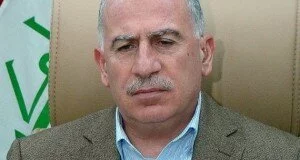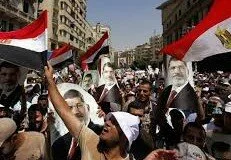Non-Muslim expats observing the holy month of Ramadan in Muslim countries have praised the holy moth as granting them a chance to learn valuable moral lessons in life through fasting.
“This was my first time to fast and to be honest it’s very hard, but I tried to remain normal,” Chariz Serrot, who observed the fast with her employer in Saudi Arabia , told Arab News on Monday, June 30.
“It is hard but I have always wanted to embark on this spiritual journey and to consider it as a way of spiritual discipline although I am not a Muslim.”
Serrot is one of the non-Muslim expats who have decided to observe Ramadan fasting in Saudi Arabia this year.
Taking the challenge, they said that the Muslim practice promotes ethics and patience.
Another non-Muslim expat, Neil Grajo, said that he has learnt valuable lessons while observing his Muslim coworkers fasting.
The Filipino Grajo stated that fasting helps people to refrain from harmful habits, helping them to have a better life.
“Ramadan could be good for a country like the Philippines where smoking and alcohol drinking are so viral that they not only harm the economy but also public health,” Grajo said.
Citing several crimes in his country because of the absence of moral frames, the Filipino Rayan Mania believes that the precious values that the holy month calls for are needed in the modern communities.
Ramadan, the holiest month in Islamic calendar, falls this year between Sunday, June 29, and July 28.
In Ramadan, adult Muslims abstain from food, drink, smoking and sex between dawn and sunset.
The sick and those traveling are exempt from fasting especially if it poses health risks.
Fasting is meant to teach Muslims patience, self-control and spirituality, and time during the holy month is dedicated for getting closer to Allah though prayers, reading the Noble Qur’an and good deeds.
Muslims make up nearly 8 percent of the total populace in the Philippines, which Islam reached in the 13th century about 200 years before Christianity.
onislam.net
 Muslim Blog Muslim Blog
Muslim Blog Muslim Blog





